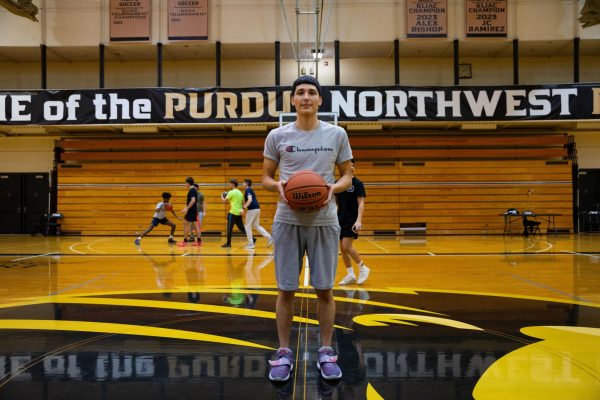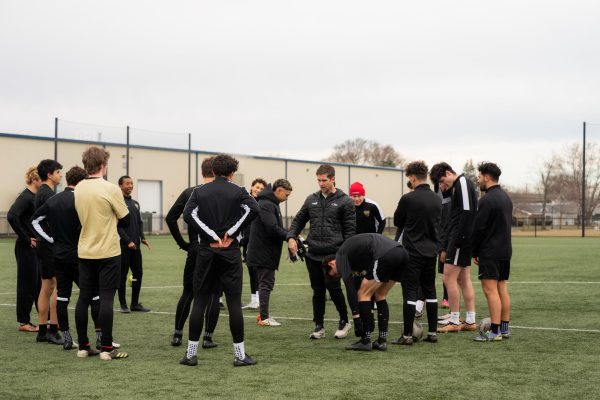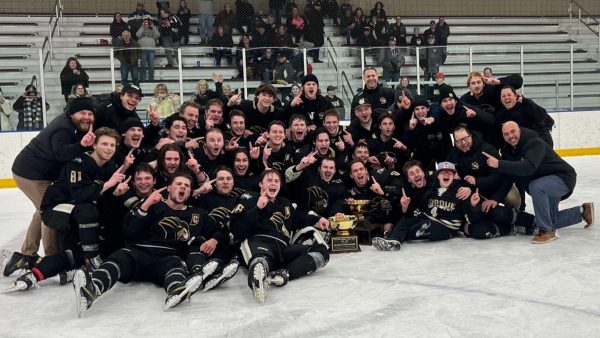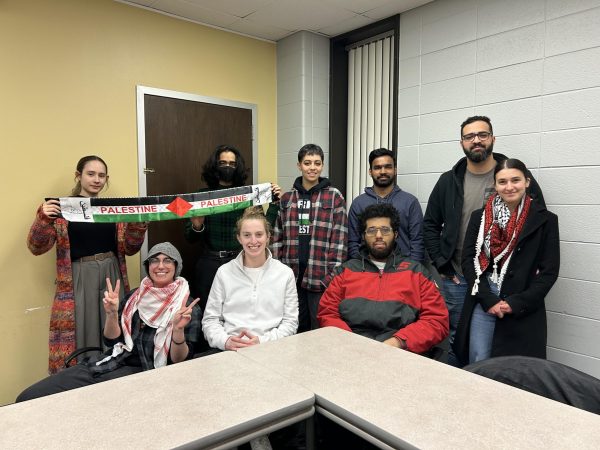Athlete alumni say their campus sports careers provided life skills employers seek in new recruits
Their game days are over but recent grads say the lessons they learned as a Pride student athlete is helping them in their post-PNW careers.
“A positive thing that affected me…was learning time management and maturing faster than I thought I would,” said Bela Green, who graduated with a degree in Psychology. “Having to balance practice, school, friends, family, jobs, internships and working out in your own free time made me learn what to prioritize … and how to manage my time.”
Green, like many student athletes, faced a career-threatening injury. She tore both her ACLs playing on the women’s soccer team, but still came back to finish her athletic career. She said she had to overcome athletic and academic obstacles.
“I was forced to drop a class because I had missed so many from not being able to stand and walk,” she said. “This did affect the following semester’s classes because I had to retake the course I dropped.”
Having to overcome that kind of adversity makes former athletes attractive to some employers. Some recruiters value student athletes because they tend to be dedicated and disciplined.
“I include being a college athlete on college applications,” said Peyton Kellinger, who did her undergrad in Mechanical Engineering and is currently working on her master’s degree. “Many companies specifically look for college athletes as post college. We were hard workers, and we are well rounded individuals.”
She also feels her athletic experience will help her deal with another challenge: Gender.
“A major adversity I will face in the workforce will be being a female in a male dominated field – being viewed differently due to my gender in the workplace,” she said. “Being in a sport gave me another form of support with a group of other student athletes who were all learning to balance school, athletic and social lives. I valued this group and being able to talk with other like-minded individuals.”
Life after graduation can be scary, but the experience may be more daunting for athletes no longer surrounded by their teammates.
“I think finding who I am without soccer will be my biggest adversity after college,” said Green.
“My whole life since I was 3 years old was soccer and what I identified myself with, and now I have to be able to just be me without soccer.”





